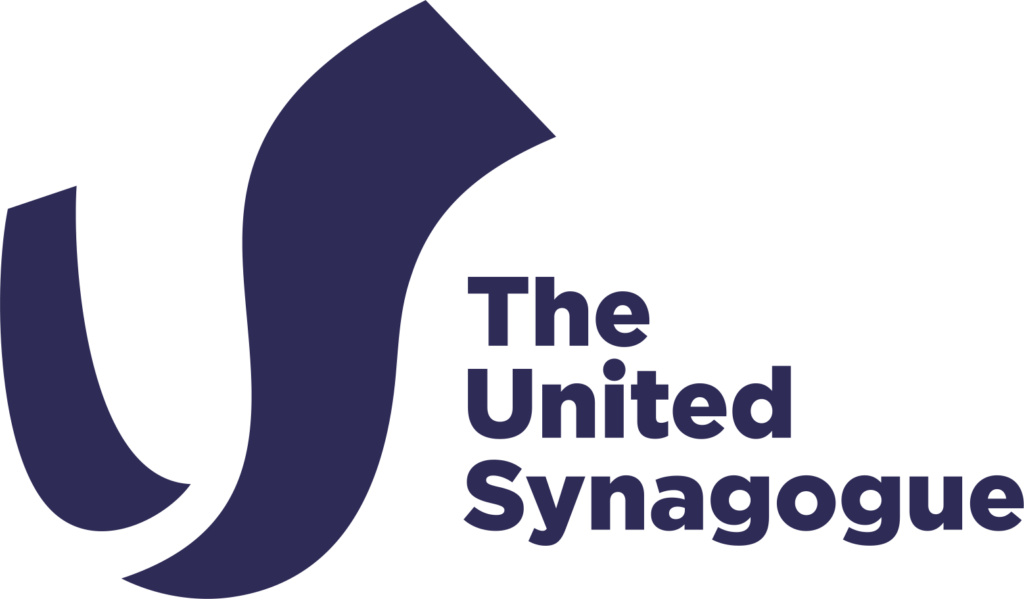God instructed Moshe to tell the Kohanim not to come into contact with a corpse, with the exception of when burying specific close relatives. They are not allowed to shave their heads during a mourning period. There are restrictions on whom Kohanim can marry. There is a mitzvah to show Kohanim specific forms of respect. A Kohen Gadol is not allowed to bury a close relative, nor marry a widow.
Specific types of physical blemishes on a Kohen disqualify him from bringing offerings in the Temple; however, he may still eat from the offerings. A Kohen who is ritually impure (tamei) can neither bring nor eat an offering until he is pure (tahor). The laws of terumah, the first crop tithe given to the Kohanim, are stated. Whilst this tithe should not be eaten by a non-Kohen, a Kohen’s wife and his Cana’anite servant are permitted to eat it.
Offerings brought to the Temple must be free of certain blemishes which disqualify them. An animal cannot be brought as an offering until it is at least eight days old. Offerings have to be eaten within a certain time. There is a mitzvah to sanctify God’s Name.
Laws of Shabbat and the festivals are listed. On Pesach, which lasts seven days, we eat matzot. The first and last days are Yom Tov, on which we refrain from specific prohibited activity (melacha). On the second day of Pesach, the barley Omer offering is brought. There is a mitzvah to count 49 days from 16 Nissan (the second night of Pesach) until the night before Shavuot. On Shavuot itself, the double bread wheat offering (shtei ha’lechem) is brought and melacha is forbidden.
Rosh Hashanah is called ‘a day of shofar blasts’. Yom Kippur is a day of fasting. On these days, melacha is also forbidden, but the punishment for doing melacha on Yom Kippur is more severe.
On Succot we bring the four species (arba’a minim) and dwell in temporary booths (succot). The seven days of Succot are followed by Shemini Atzeret. On the first day of Succot and on Shemini Atzeret, we refrain from melacha.
Moshe was told by God to instruct the people to bring pure olive oil for the daily Menorah lighting in the Mishkan (Tabernacle). Moshe was commanded to provide flour for the showbread (lechem hapanim) that is placed on the table (shulchan) and remains there for an entire week.
A man was caught cursing God and is sentenced and put to death.

